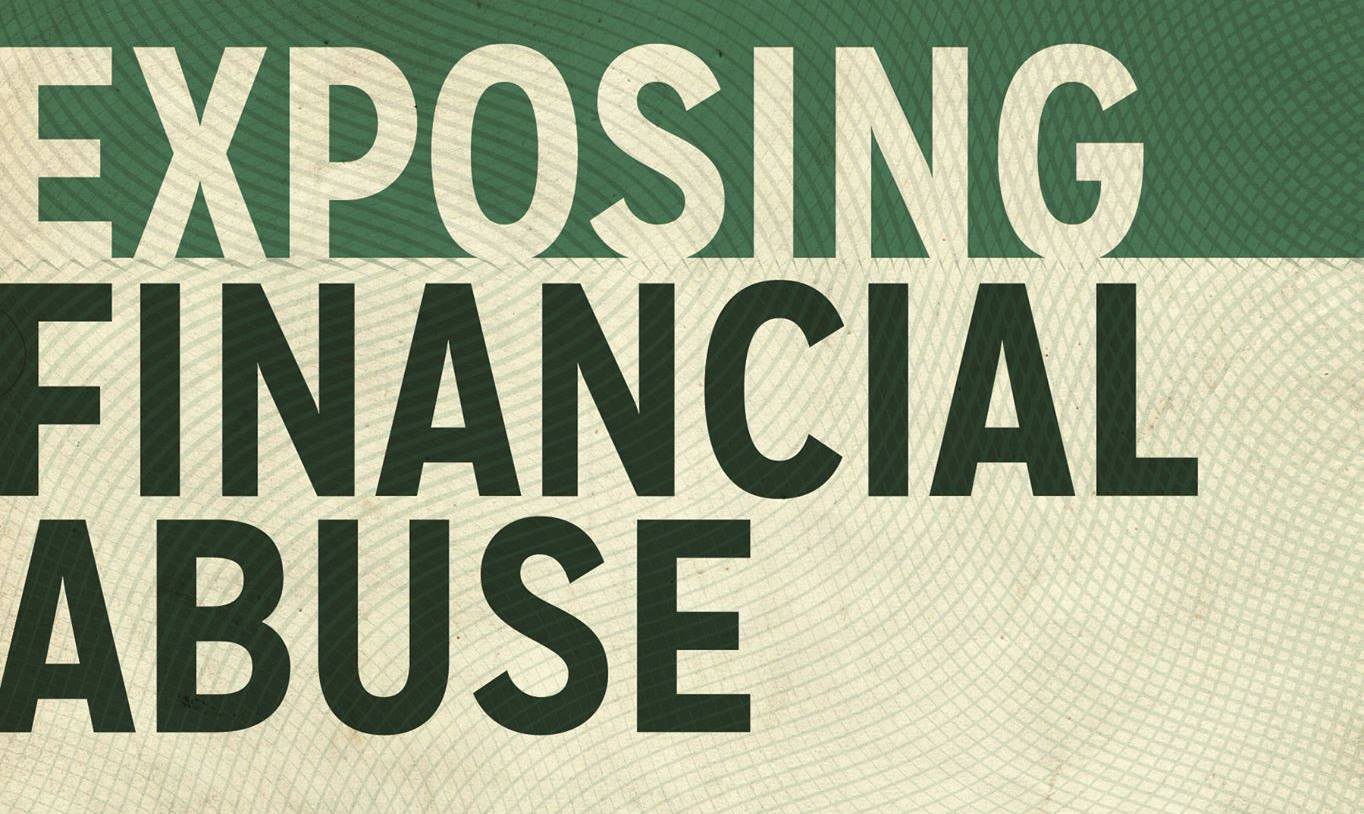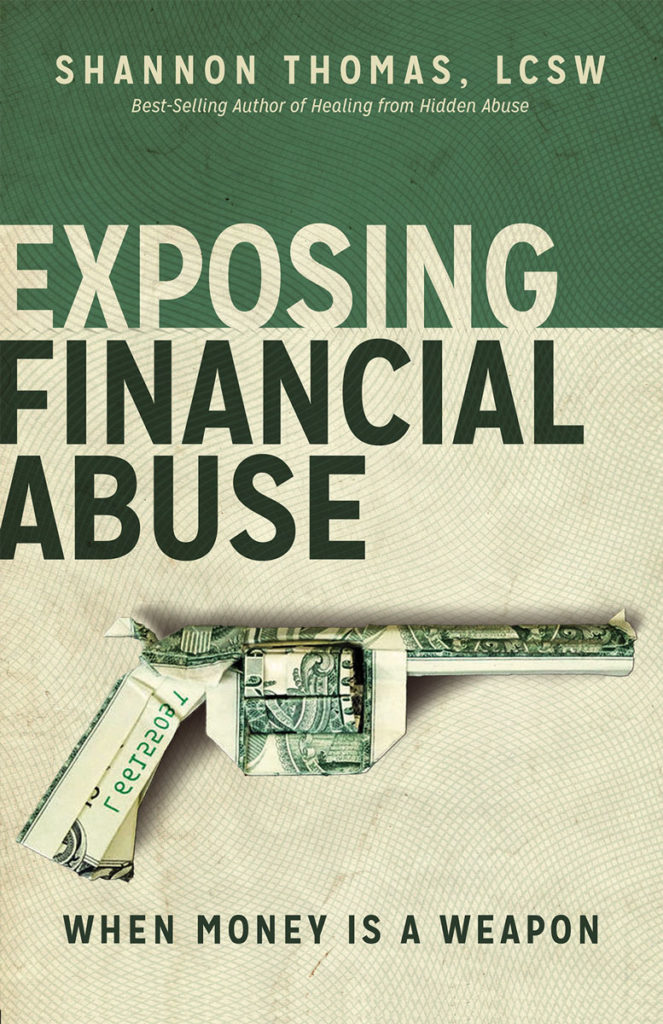
Healing from Hidden Abuse, Relationships
Financial abuse. Economic harm. When money is used as a weapon within an intimate relationship. The conversation about exposing financial abuse is just now starting to get traction and we have a long way to go before this hidden form of relational abuse becomes widely...

Abuse Recovery, Family, Friends, Healing from Hidden Abuse, Quality of Life
With the release of the second book in the Healing from Hidden Abuse series, Exposing Financial Abuse: When Money is a Weapon, I have innocently been asked why this an important topic to cover. It’s a good question but one that, honestly, took me by surprise a...

Abuse Recovery, Healing from Hidden Abuse, Quality of Life, Relationships
I am very excited to share the second book in the Healing from Hidden Abuse series has been released! Exposing Financial Abuse: When Money is a Weapon is now available on Amazon (paperback, Kindle, and Audio Book). Within the pages of Exposing Financial Abuse: When...



